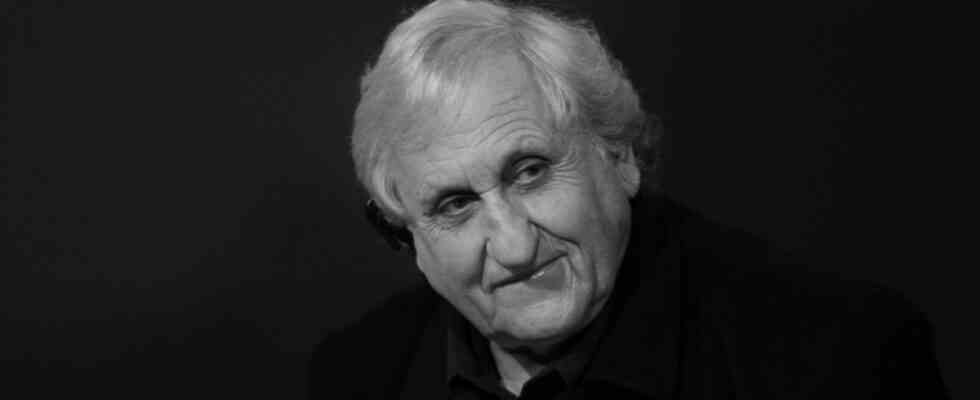He was combative all his life, he remained combative to the end. In literature, in politics and in life, Abraham B. Yehoshua did not believe in cowardice and rotten compromises, and for this he was highly valued in Israel – as an artist and as a political and moral authority. He has now died at the age of 85 and the country is mourning the loss of one of today’s great writers.
Israel’s President Isaac Herzog praised “his works, which drew on the image of our homeland and the treasures of our people”. Yehoshua looked at this homeland and its people with a sharp yet often mischievous look. His characters reflect the contradictions of everyday Israeli life and a bundle of conflicts – those within families, those between Sephardic and Ashkenazi Jews, and of course the eternal Middle East conflict between Jews and Arabs.
Together with Amos Oz, who was a close friend of his for decades, and David Grossmann, Yehoshua formed a literary trio that had an impact far beyond Israel. The other two may be better known abroad. In Israel itself, however, Yehoshua is considered their equal.
The New York Times once called him “the Israeli Faulkner”
Unlike Oz and Grossman, however, he did not belong to the Ashkenazi, European-influenced old Israeli elite. His roots lie in Sephardic, oriental Judaism, as a Jerusalemite in the fifth generation. He was born there in 1936, twelve years before the founding of the state of Israel. His father was a scholar who spoke fluent Arabic and published a dozen books in Arabic.
After school and military service, Yehoshua studied Hebrew literature in Jerusalem. As a representative of a new generation of writers that relied on modern storytelling techniques and realistic material, he published his first stories in the 1960s. The breakthrough came in 1977 with the first major novel, “Der LIEber”, which was soon to be published in Germany.
To date, his works have been translated into around 30 languages. In Israel and abroad he has received numerous awards and has repeatedly been traded as a Nobel Prize candidate. the New York Times once called him “the Israeli Faulkner”. He himself named William Faulkner as a role model and “the greatest writer of the 20th century”.
He was an apparition, a man of great energy
Yehoshua has been politically committed to a settlement with the Palestinians for decades. As early as the 1970s, he demanded that the Israeli government enter into a dialogue with the Palestinian PLO, and later also with Hamas. From Labor he moved over to Meretz, where the dwindling Israeli peace camp still found a home. He also supported the human rights organization B’tselem.
He fought against the occupation and the construction of settlements and campaigned vehemently for a separate Palestinian state – until a few years ago he finally achieved a sensational turnaround. In view of the advanced Israeli land grab, he declared the two-state solution to be “completely illusionary” and from then on advocated a common state or federation with equal rights for Israelis and Palestinians.
For all his criticism of current politics and all his wrangling with more than just one Israeli government, Yehoshua has of course never lacked patriotism – and this has sometimes brought him into conflict with the Jewish diaspora. In 2006, for example, he unleashed a storm of indignation when he declared that Jewish identity could be less pronounced abroad than in Israel. Anyone who doesn’t live in Israel can only be “partially Jewish.” Later he kept coming back to the subject, in essays and also in literature.
A stirring dynamism characterized Abraham B. Yehoshua in everything he devoted himself to. He was an apparition with gray, wild hair, a man of great vitality and energy. He wrote until the end, in Germany the novel “Tunnel” was published in 2020. In it he also memorialized his wife Ika, his lifelong love. She died of cancer in 2016. The same illness has now torn him from writing and life.

